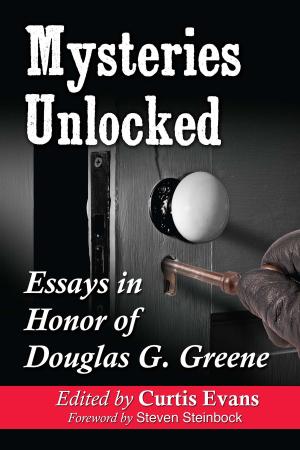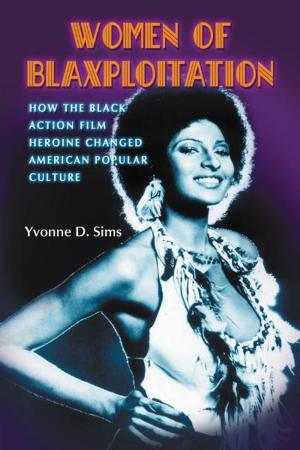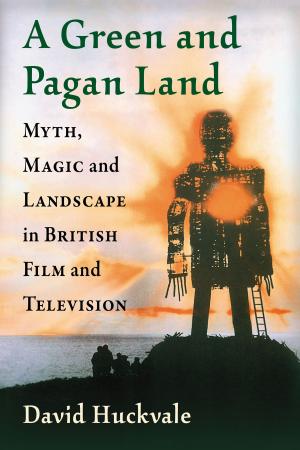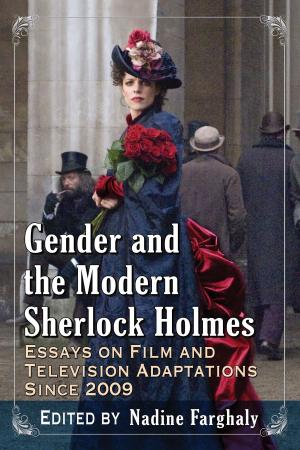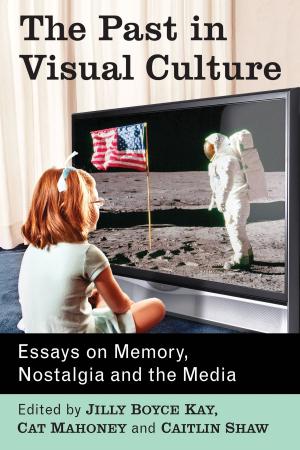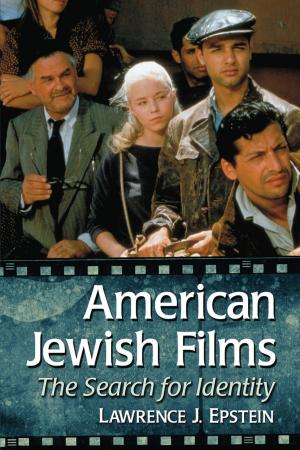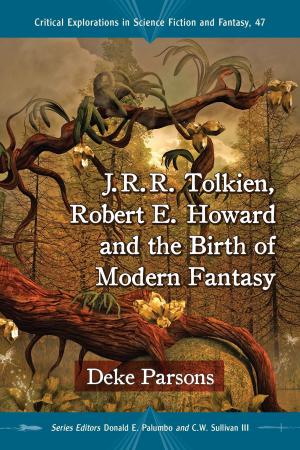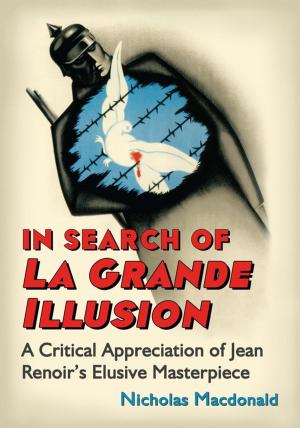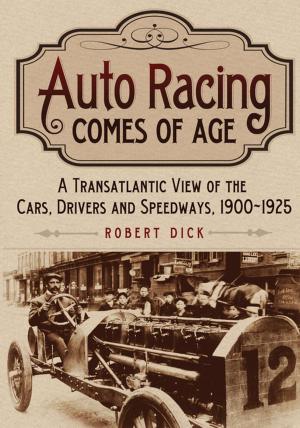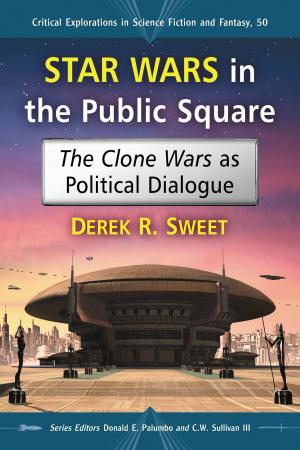The Culture of Sports in the Harlem Renaissance
Nonfiction, Sports, Basketball, Baseball, Social & Cultural Studies, Social Science, Cultural Studies, African-American Studies| Author: | Daniel Anderson | ISBN: | 9781476628981 |
| Publisher: | McFarland & Company, Inc., Publishers | Publication: | March 21, 2017 |
| Imprint: | Language: | English |
| Author: | Daniel Anderson |
| ISBN: | 9781476628981 |
| Publisher: | McFarland & Company, Inc., Publishers |
| Publication: | March 21, 2017 |
| Imprint: | |
| Language: | English |
During the African American cultural resurgence of the 1920s and 1930s, professional athletes shared the spotlight with artists and intellectuals. Negro League baseball teams played in New York City's major-league stadiums and basketball clubs shared the bill with jazz bands at late night casinos. Yet sports rarely appear in the literature on the Harlem Renaissance. Although the black intelligentsia largely dismissed the popularity of sports, the press celebrated athletics as a means to participate in the debates of the day. A few prominent writers, such as Claude McKay and James Weldon Johnson, used sports in distinctive ways to communicate their vision of the Renaissance. Meanwhile, the writers of the Harlem press promoted sports with community consciousness, insightful analysis and a playful love of language, and argued for their importance in the fight for racial equality.
During the African American cultural resurgence of the 1920s and 1930s, professional athletes shared the spotlight with artists and intellectuals. Negro League baseball teams played in New York City's major-league stadiums and basketball clubs shared the bill with jazz bands at late night casinos. Yet sports rarely appear in the literature on the Harlem Renaissance. Although the black intelligentsia largely dismissed the popularity of sports, the press celebrated athletics as a means to participate in the debates of the day. A few prominent writers, such as Claude McKay and James Weldon Johnson, used sports in distinctive ways to communicate their vision of the Renaissance. Meanwhile, the writers of the Harlem press promoted sports with community consciousness, insightful analysis and a playful love of language, and argued for their importance in the fight for racial equality.




